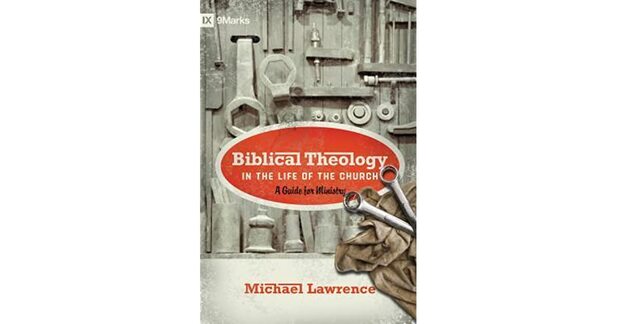|
This book gave me deeper knowledge and appreciation of the Bible. It is great for beginners who know relatively little about theology but it also offers profound insight and helpful nuance for those who have been reading the Bible for many years. The book has two main parts: tools of biblical theology and stories of biblical theology. I discuss the tools in this essay and the stories in a separate essay Chapter 1: Exegetical Tools: Grammatical-Historical Method When discussing how to understand the Bible, you have to start at the beginning: how do we get at the meaning of the text? Postmodernism and reader-interpretation approaches argue that we have no access to the original or fixed meaning of the author. All we have is our construction or interpretation of the text. Lawrence disagrees. He argues that we can find the meaning of the text, at least most of the time, by using the grammatical-historical method: Discerning the meaning of the text in this way immediately plunges us into an exploration and study of the grammar, syntax, and literary and historical context of the words we’re reading--thus the phrase: grammatical-historical method….
1 Comment
AuthorPaul Mueller is a Senior Research Fellow at AIER, a research fellow and associate director for the Religious Liberty in the States project at the Center for Religion, Culture, and Democracy, and the owner and operator of The Abbey Bed and Breakfast. Archives
August 2021
Categories |

 RSS Feed
RSS Feed
